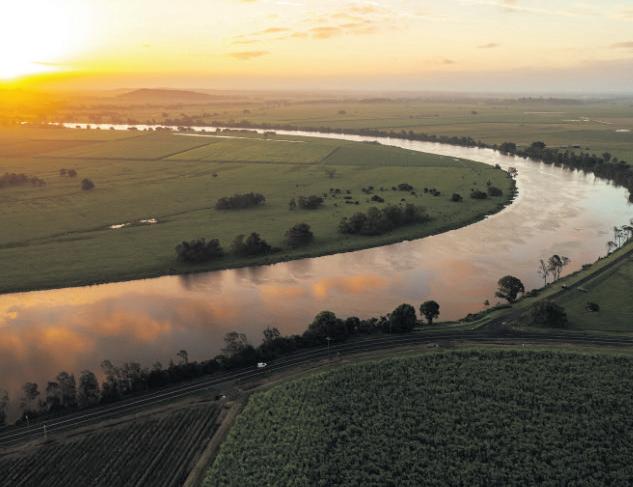
1 minute read
NRAR’s Compliance Check: Ensuring Water Regulation Adherence on Far North Coast Farms



The Natural Resources Access Regulator (NRAR) is embarking on a visit to the Far North Coast of NSW this week, aiming to ensure compliance with regulations on properties engaged in irrigated agriculture. The properties within the Richmond water sharing plan, situated in areas around Ballina, Casino, and Lismore, primarily cultivate macadamias or feature horticultural greenhouses equipped with a variety of water infrastructure such as dams, pumps, bores, and spearpoints.

Ian Bernard, NRAR’s Director of Regulatory Initiatives, highlighted recent outreach efforts in the region aimed at educating water users about regulations. Issues identifed during these efforts included inaccurate record keeping in logbooks or meters and a lack of understanding about individual license conditions.

Following up on these fndings, NRAR offcers are revisiting the area to ensure compliance and collaborate with water users to rectify any discrepancies, particularly concerning oversized or unlicensed dams. Utilizing a mix of sophisticated satellite imagery, water-use records, and compliance history, NRAR identifed properties requiring attention.
Ian Bernard emphasized the importance of combining aerial surveillance with on-ground operations for an accurate compliance assessment, especially in anticipation of dry weather forecasted by the Bureau of Meteorology for the coming months in the Far North Coast. Despite the challenges posed by dry conditions, NRAR is optimistic about encountering improved compliance during their visit, acknowledging that most individuals are willing to adhere to regulations.
Refecting on their previous fscal year’s work, NRAR noted an 86% compliance rate in investigations conducted in the North and Far North Coast regions.













Irrigated agriculture remains a regulatory priority for NRAR in the current fscal year, underscoring their commitment to ensuring equitable water usage among stakeholders. Recognizing the signifcance of fair water usage for sustaining communities, industries, and the environment, NRAR continues its efforts to uphold regulatory standards in water management.











